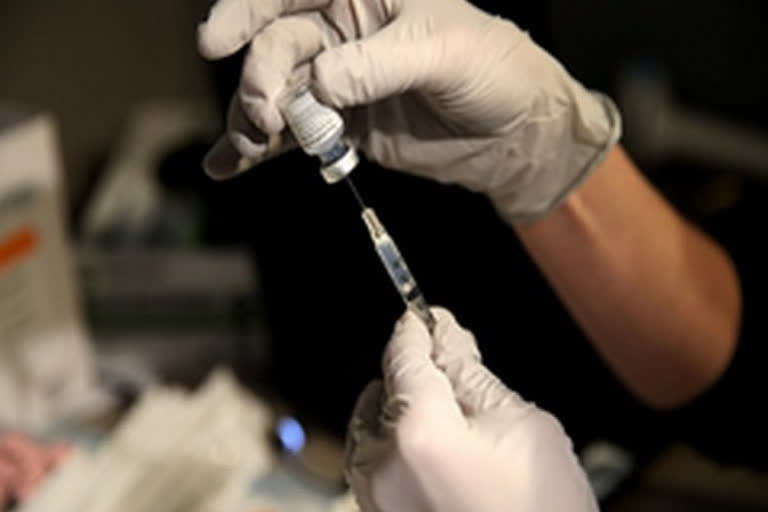New Delhi: The Centre has given its approval to conduct a study on mixing Covaxin and Covishield doses. Dr Vinod Kumar Paul, a NITI Aayog member in a presser on Tuesday said that permission has been granted to the Christian Medical College, Vellore for a research study on mixing of vaccines doses. Recently, the Indian Council of Medical Research (ICMR) revealed in a study that the combination of Covaxin and Covishield vaccines, the two main vaccines of the COVID-19 vaccination programme, conducted on 18 people, yielded good results. The study also showed that immunization with a combination of an adenovirus vector platform-based vaccine followed by inactivated whole virus vaccine was not only safe but also elicited better immunogenicity.
In the study, ICMR compared the safety and immunogenicity profile with those individuals who received either Covaxin or Covishield and it showed better results. The study was conducted on individuals from Uttar Pradesh who had received Covishield as the first dose followed by inadvertent administration of Covaxin as the second dose at an interval of six weeks.
Read: Mix of Covid vaccines yields better results: ICMR study
Earlier, a UK study had found that a mix-and-match approach to COVID-19 vaccines - using different brands of jab for first and second doses - gives good protection against the virus. The Com-Cov trial looked at the efficacy of either two doses of Pfizer, two of AstraZeneca, or one of them followed by the other. All combinations worked well, priming the immune system.
The Com-Cov study, which looked at giving the doses four weeks apart in 850 volunteers aged 50 and above, found that an AstraZeneca jab followed by Pfizer induced higher antibodies and T cell responses than Pfizer followed by AstraZeneca. Both of these mixes induced higher antibodies than two doses of AstraZeneca, the report mentioned, adding that the highest antibody response was seen after two doses of Pfizer, and the highest T cell response from AstraZeneca followed by Pfizer.



